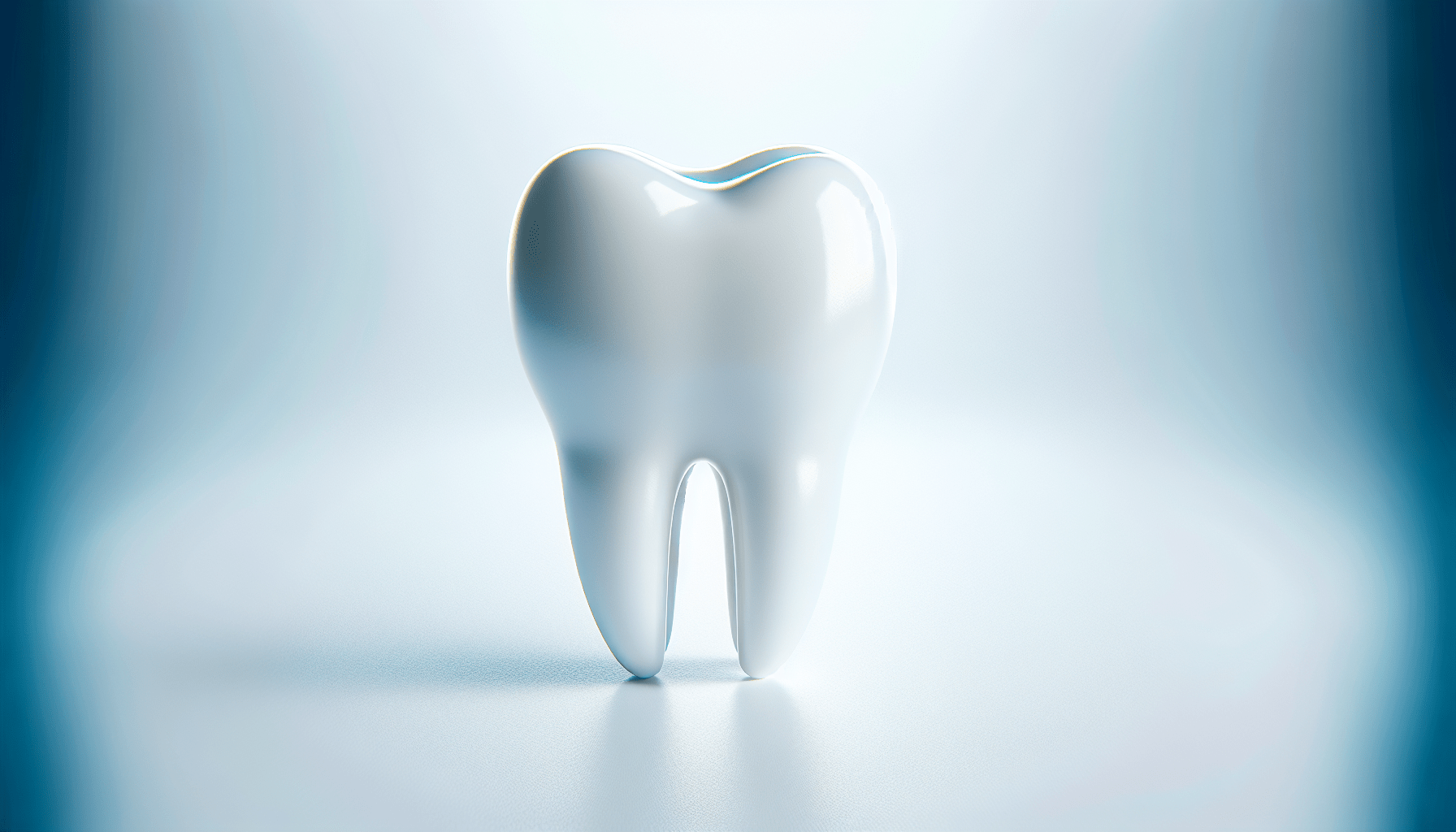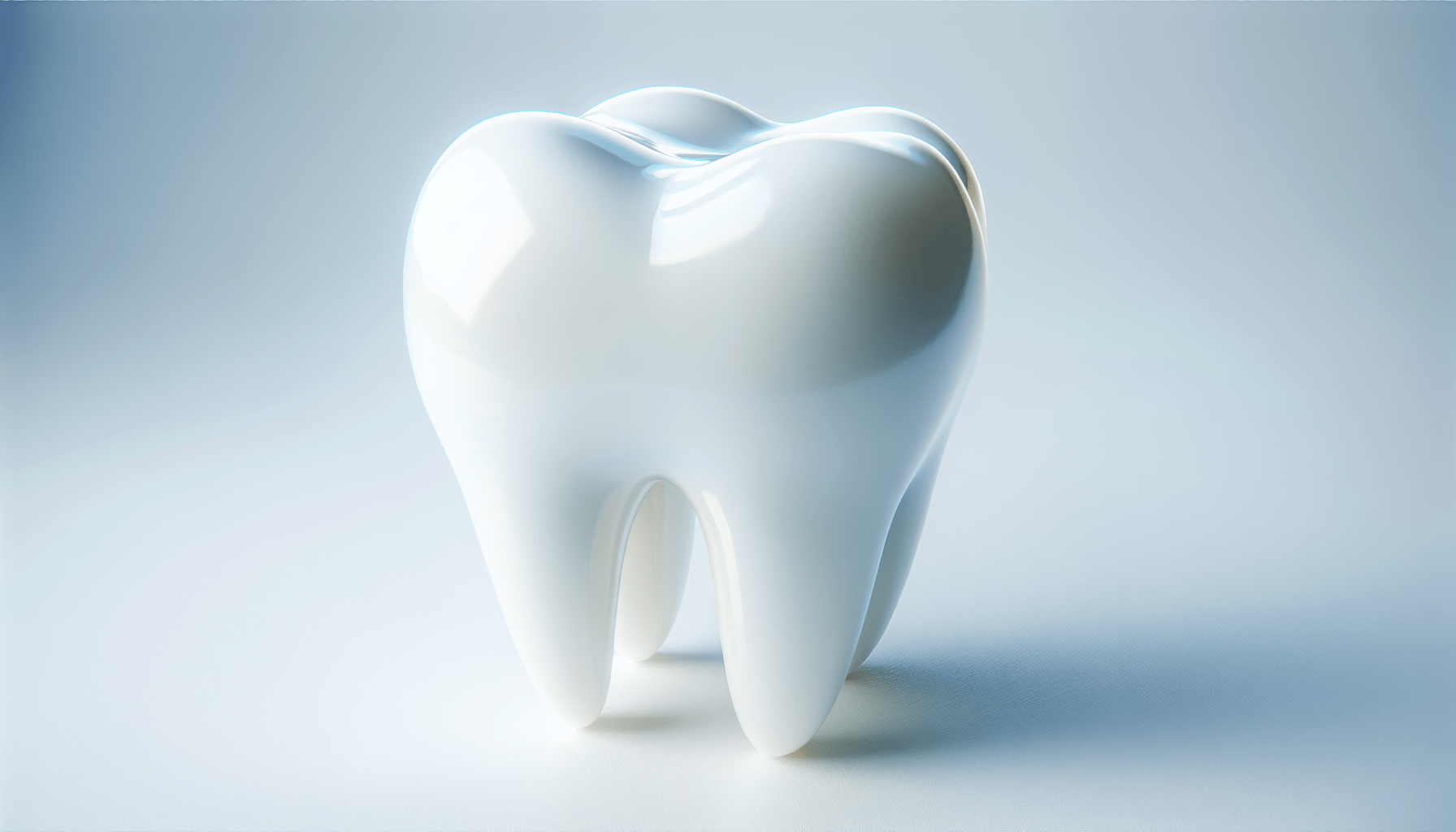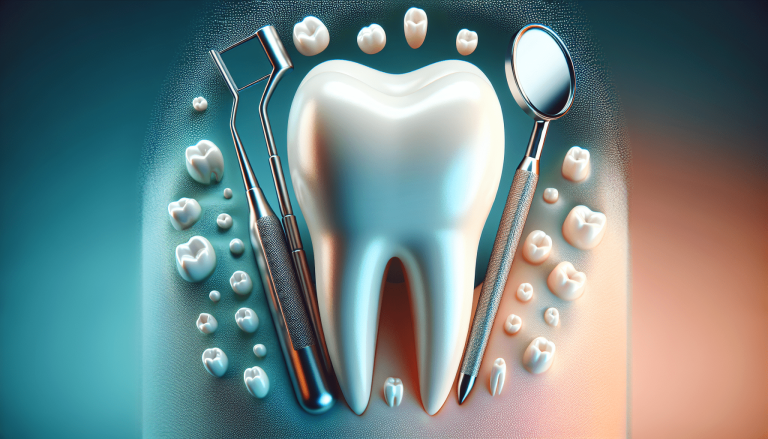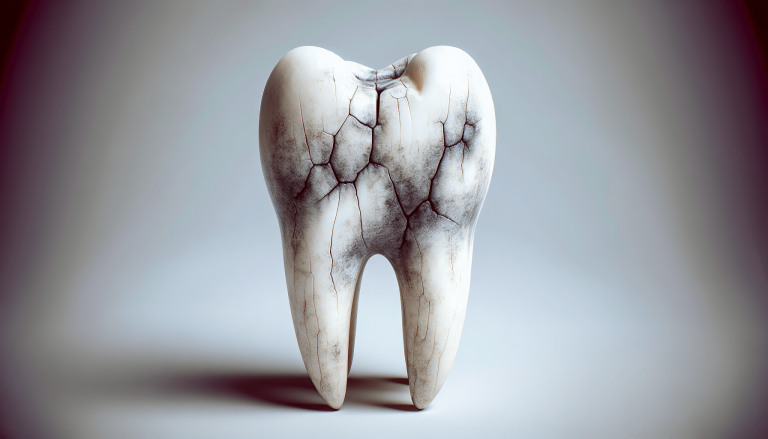How Important Is Dental Health?
dental health plays a crucial role in your overall well-being, far beyond just a sparkling smile. When you take good care of your teeth and gums, you’re not only preventing cavities and gum disease but also contributing to your body’s health as a whole. Your mouth is a gateway to many vital bodily functions, and maintaining its health can help reduce the risk of serious conditions such as heart disease, diabetes, and respiratory issues. So, paying attention to your dental health is not just about looking good; it’s about feeling good and living a healthier life.
Have you ever wondered how important dental health really is? You might already know that taking care of your teeth helps prevent cavities and keeps your smile looking bright, but the benefits of good oral hygiene go much deeper than that. In this article, we will explore the various ways dental health influences your overall well-being, the connection between oral hygiene and other health conditions, and tips to maintain a healthy mouth.
What Is Dental Health?
Dental health involves taking care of your teeth, gums, and mouth through regular brushing, flossing, and dental check-ups. It plays a crucial role in keeping your mouth free of diseases and maintaining the overall structure and functionality of your teeth.
Components of Dental Health
- Teeth: Your teeth help you chew food, speak clearly, and form the structure of your face.
- Gums: Healthy gums are essential for holding your teeth in place and protecting the roots.
- Tongue: Your tongue is vital for speaking, tasting, and aiding in digestion.
- Saliva: Saliva keeps the mouth moist and helps digestion by breaking down food particles and washing away food debris and acid produced by bacteria.
Why Is Dental Health Important?
Maintaining good dental health is not just about having a beautiful smile—it impacts your overall health in many significant ways. Poor oral health can lead to various complications, including infections, heart disease, and even diabetes.
Connection Between Oral Health and Overall Health
Research has shown a strong link between oral health and general health. Here are some conditions that are often connected to dental health:
- Cardiovascular Disease: Poor oral hygiene can lead to gum disease, which has been linked to heart disease and stroke.
- Diabetes: People with diabetes are more prone to gum infections. Additionally, gum disease can make it harder to control blood sugar levels.
- Respiratory Infections: Bacterial infections in the mouth can be inhaled into your lungs, leading to respiratory problems.
- Pregnancy Complications: Oral infections like periodontitis (severe gum disease) can lead to complications such as preterm birth and low birth weight.

An In-Depth Look at Common Dental Problems
To emphasize the importance of dental health, let’s delve deeper into some common dental issues and their consequences.
Cavities
Cavities, or dental caries, are holes in the teeth caused by plaque buildup and bacterial infection.
| Stage | Description |
|---|---|
| Initial Stage | The enamel starts to break down, showing white spots. |
| Decay of Enamel | The decay progresses, leading to the formation of cavities. |
| Dentin Involvement | The decay reaches the dentin, causing pain and sensitivity. |
| Pulp Involvement | The decay reaches the tooth’s pulp, leading to severe pain and possible abscess. |
Gum Disease
Gum disease starts with gingivitis (inflammation of the gums) and can progress to periodontitis if left untreated. This can result in tooth loss and severe health issues.
| Stage | Symptoms |
|---|---|
| Gingivitis | Red, swollen gums that may bleed easily. |
| Early Periodontitis | Gums begin to recede and form pockets between teeth and gums. |
| Moderate to Advanced Periodontitis | Loss of bone and tissue that support the teeth, leading to tooth mobility and loss. |
Oral Cancer
Oral cancer can occur on the lips, tongue, cheeks, floor of the mouth, and throat. Early detection is crucial for effective treatment.
| Risk Factors | Include |
|---|---|
| Smoking and Tobacco Use | Cigarettes, cigars, pipes, and smokeless tobacco. |
| Alcohol Consumption | Heavy alcohol use increases the risk. |
| Human Papillomavirus (HPV) | Certain strains of HPV are linked to oral cancer. |
| Sun Exposure | Prolonged sun exposure, especially on the lips. |
Tips for Maintaining Good Dental Health
Now that you understand how vital dental health is, let’s discuss some actionable tips to help you keep your mouth in top condition.
Daily Oral Hygiene Practices
- Brushing: Brush your teeth at least twice a day for two minutes each time. Use fluoride toothpaste and a soft-bristled toothbrush.
- Flossing: Floss daily to remove food particles and plaque between your teeth that your toothbrush can’t reach.
- Mouthwash: Use an antimicrobial or fluoride mouthwash to help kill bacteria and strengthen your teeth.
Regular Dental Check-ups
Regular dental visits are essential for detecting issues early and keeping your mouth healthy. Aim to see your dentist at least twice a year for cleanings and exams.
Healthy Diet
Your diet significantly impacts your dental health. Consume a balanced diet rich in vitamins and minerals, and avoid sugary snacks and drinks which can lead to cavities and gum disease.
| Good Foods | Benefits |
|---|---|
| Dairy Products | Rich in calcium and phosphorus for strong teeth. |
| Leafy Greens | High in vitamins and minerals that contribute to oral health. |
| Apples and Carrots | Crunchy foods that stimulate saliva production and scrub your teeth. |
| Nuts and Seeds | Provide essential nutrients for gum health. |
Avoid Harmful Habits
Certain habits can be detrimental to your oral hygiene. Avoid smoking and limit alcohol consumption as both can increase the risk of oral cancer and other dental problems.

The Role of Dental Health Professionals
Dentists and dental hygienists play vital roles in maintaining your dental health. Understanding their responsibilities can further emphasize the importance of regular dental visits.
What to Expect During a Dental Visit
- Examination: Your dentist will examine your mouth for signs of cavities, gum disease, and other dental issues.
- Professional Cleaning: A dental hygienist will clean your teeth to remove plaque and tartar buildup.
- X-rays: If necessary, your dentist may take X-rays to detect problems that aren’t visible to the naked eye.
- Treatment Recommendations: Based on the examination and X-rays, your dentist may recommend treatments such as fillings, root canals, or extractions.
Advanced Dental Care
Sometimes, maintaining good dental health requires more than routine practices. Advanced dental care includes special treatments and surgeries for more severe conditions.
Common Advanced Dental Procedures
- Fillings and Crowns: Used to repair cavities and restore the integrity of damaged teeth.
- Root Canals: Remove infected or damaged pulp from the tooth, saving it from extraction.
- Extractions: Removing severely damaged or decayed teeth that cannot be repaired.
- Implants and Dentures: Replace missing teeth to restore functionality and aesthetics.
| Procedure | Purpose |
|---|---|
| Fillings | Repair cavities and restore tooth function. |
| Crowns | Cover and protect a damaged tooth. |
| Root Canals | Remove infected pulp and save the tooth. |
| Extractions | Remove severely damaged teeth. |
| Implants | Replace missing teeth with artificial ones. |
| Dentures | Replace multiple missing teeth. |
Addressing Common Concerns About Dental Health
Many people have fears or misconceptions about dental health that can be barriers to seeking care. Let’s address some of these common concerns.
Fear of the Dentist
Dental anxiety is a common issue, but there are ways to manage it:
- Communication: Speak to your dentist about your fears. They can explain what to expect and offer solutions to make you more comfortable.
- Sedation Options: Many dental offices offer sedation options to help calm nervous patients.
- Distractions: Bringing headphones or a comforting object can help distract you during the visit.
Cost of Dental Care
The perceived high cost of dental care can deter people from seeking treatment. However, neglecting your oral health can lead to more expensive and complex procedures later on.
- Dental Insurance: Make use of dental insurance plans that cover routine check-ups and treatments.
- Flexible Payment Plans: Many dental offices offer payment plans to make treatments more affordable.
- Preventive Care: Investing in preventive care can save you money in the long run.
Time Constraints
Busy schedules can make it challenging to prioritize dental visits. However, dental health should be a priority for overall well-being.
- Schedule Regularly: Plan appointments in advance and add them to your calendar.
- Flexible Hours: Many dental offices offer evening or weekend appointments to accommodate different schedules.
- Quick Visits: Routine check-ups are generally quick and can save you time by preventing more extensive treatments later.
Innovations in Dental Health
The field of dentistry is continually evolving, with new technologies making treatments more effective, comfortable, and accessible.
Technological Advances
- Laser Dentistry: Lasers can treat a variety of dental issues with less pain and quicker recovery.
- Digital X-rays: Provide more detailed images with less radiation exposure.
- Teledentistry: Allows for remote consultations with dental professionals, making appointments more convenient.
Personalized Dental Care
Dentistry is moving towards more personalized care, focusing on the specific needs and conditions of each individual.
- 3D Printing: Used for creating customized dental implants, crowns, and orthodontic devices.
- Genetic Testing: Helps understand your predisposition to certain dental conditions.
- Preventive Strategies: Tailored preventive plans based on your oral health history and current condition.
FAQs About Dental Health
To wrap things up, let’s address some frequently asked questions that can help clear any remaining doubts about the importance of dental health.
How Often Should I Replace My Toothbrush?
You should replace your toothbrush every three to four months or sooner if the bristles are frayed. A worn toothbrush won’t clean your teeth effectively.
Is Fluoride Necessary in Toothpaste?
Yes, fluoride is essential as it helps strengthen the enamel and prevent cavities. Always choose a toothpaste that contains fluoride.
Can Mouthwash Replace Brushing?
No, mouthwash cannot replace brushing or flossing. It can be an additional step but shouldn’t be relied upon solely for oral hygiene.
Why Do I Need to Floss When I Brush Regularly?
Brushing alone cannot remove all the food particles and plaque between your teeth. Flossing is necessary to clean these hard-to-reach areas.
Are Dental Cleanings Painful?
Most dental cleanings are not painful. You might feel some discomfort if there’s significant buildup of tartar, but your dental professional will ensure you’re as comfortable as possible.
Conclusion
In conclusion, dental health is incredibly important and impacts many aspects of your overall well-being. By maintaining good oral hygiene, understanding common dental problems, and visiting your dentist regularly, you can prevent many health issues and enjoy a happier, healthier life. Remember, a healthy mouth is a gateway to a healthy body, so take those extra steps to care for your teeth and gums.
Additional Resources

Have you heard about the “sugar hack?”
It’s a brand new, 100% natural oral health remedy that is shocking dentists and medical researchers around the world. You can use it at home, starting today, in just seconds… To detox your mouth and put an end to cavities, bleeding gums, and yellow, loose teeth…
While reversing gum disease and giving you “strong as steel” teeth for years or decades to come:
>> Go Here Now & Discover The Sugar Hack (Use This Today)






